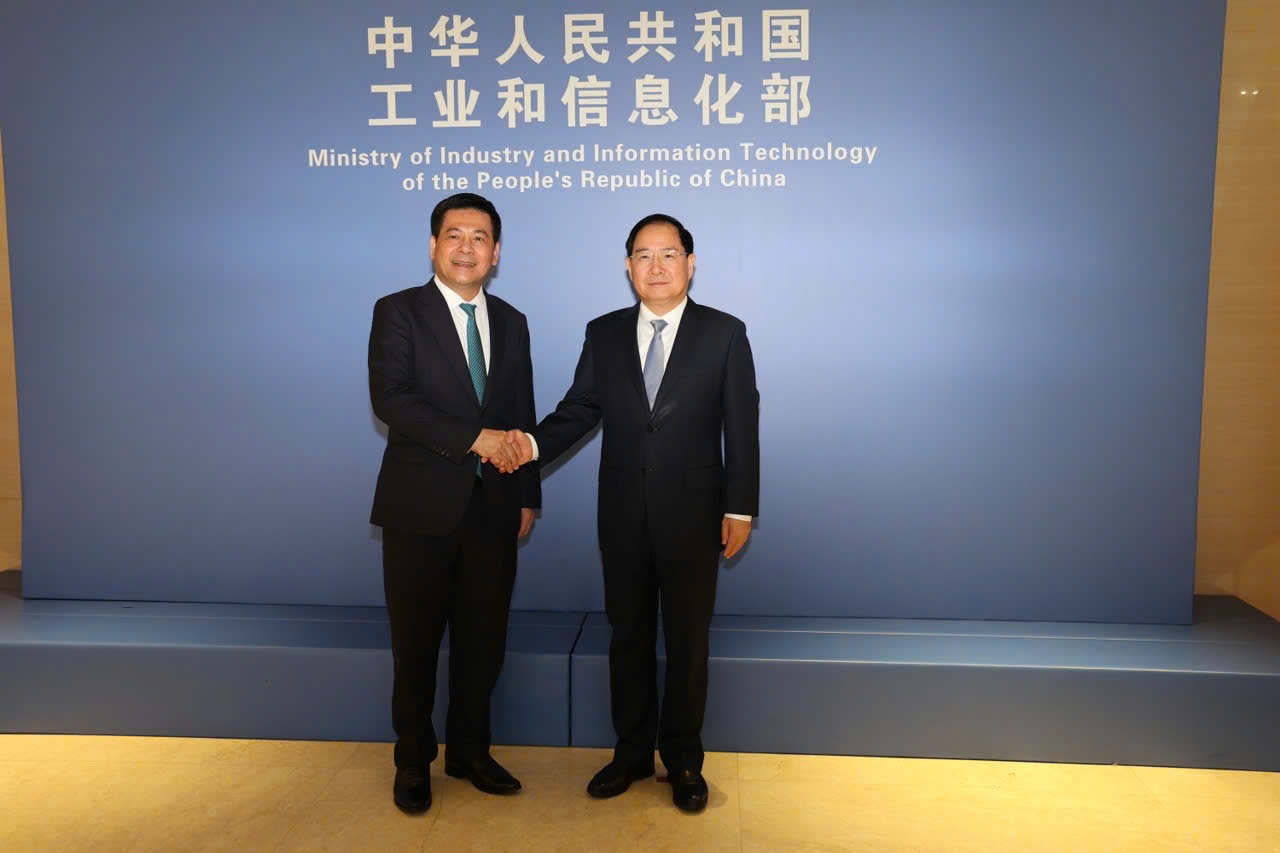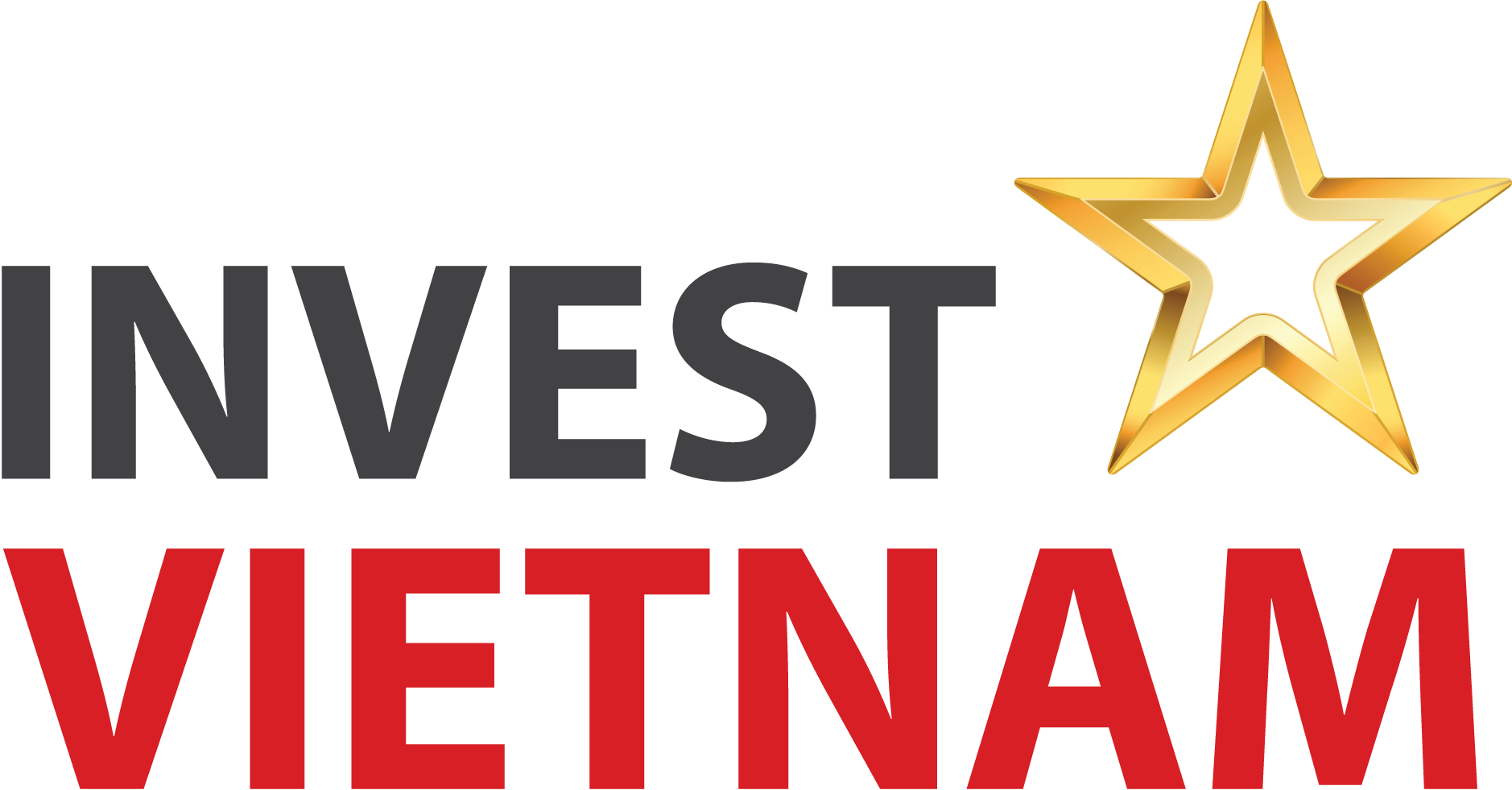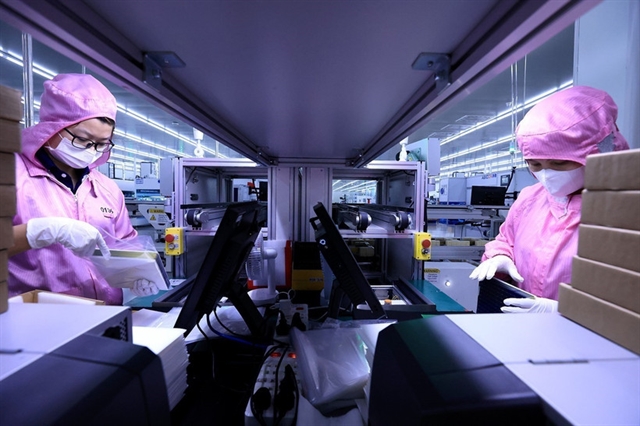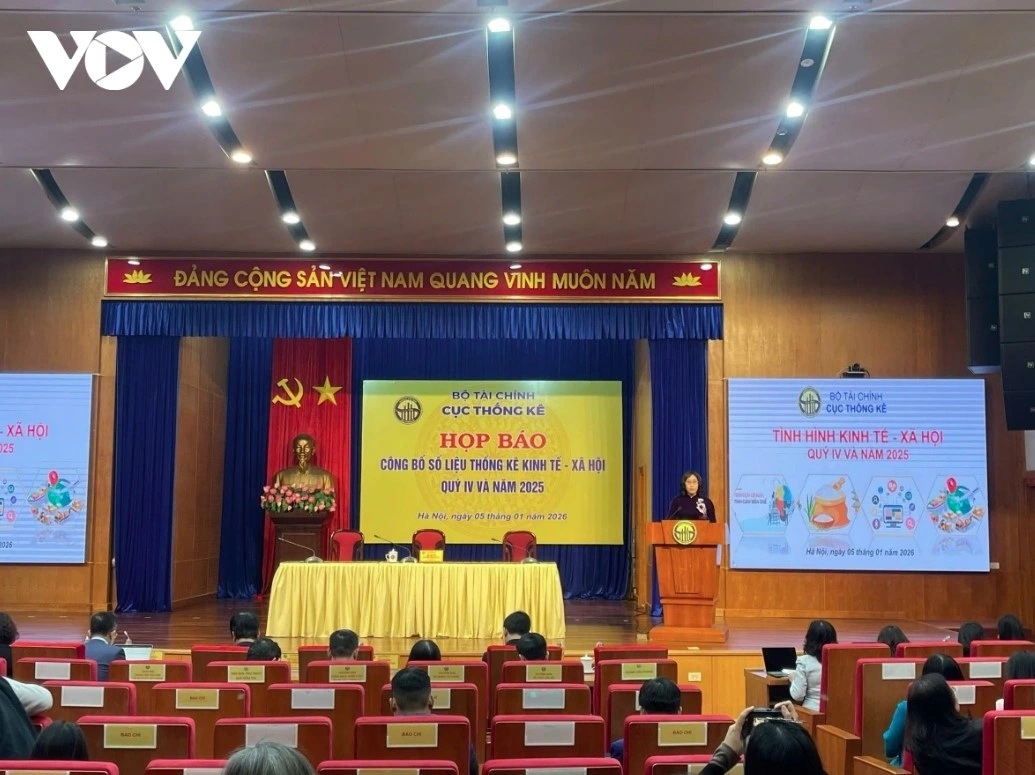China seeks favourable conditions to expand automotive investments in Vietnam
China has called for policies to create a more favourable business environment for its automotive companies to expand their investments in Vietnam.

This request was made by Chineses Minister of Industry and Information Technology Jin Zhuanglong during a meeting with Vietnamese Minister of Industry and Trade Nguyen Hong Dien on September 30 in Beijing. The meeting took place as part of the 13th session of the Vietnam-China Joint Economic and Trade Cooperation Committee, aimed at strengthening bilateral economic ties.
Minister Dien urged major Chinese corporations to collaborate more closely with Vietnamese automobile manufacturing and assembly companies to provide commercial vehicles that align with market demands and Vietnam's industrial strategies. He emphasised that such partnerships could be mutually beneficial for both countries, particularly in boosting the automotive sector.
In response, Minister Zhuanglong identified the automotive industry as an area with significant potential for cooperation. He noted that several leading Chinese automakers are planning to increase their investments in Vietnam.
“China is committed to supporting its automotive companies in expanding their production and operations in Vietnam, in line with the needs of both countries,” Minister Zhuanglong said.
Minister Zhuanglong further encouraged Vietnam to enhance its regulatory framework and improve the business environment to support the long-term growth of Chinese companies. Currently, top Chinese automotive manufacturers such as BYD, Geely, Chery, Great Wall, SAIC, and Wuling are present in the Vietnamese market.
Notably, Geely recently signed a joint venture with Tasco to build a factory in Thai Binh province, with an investment of $168 million. BYD, China’s largest electric vehicle manufacturer, has also entered the Vietnamese market, planning to open 50 dealerships nationwide.
The Vietnamese Ministry of Industry and Trade is currently formulating a strategy for the development of the automotive industry through 2030, with a vision to 2045, which will prioritise electric vehicles and green energy.
Minister Dien also highlighted Vietnam's economic growth, supported by its industrialisation and modernisation efforts, which have driven average annual growth of 6.17 per cent. This economic progress has allowed Vietnam to transition into a middle-income developing country.
As part of the country's industrial restructuring, Vietnam is reducing its dependence on mining while increasing its focus on the processing and manufacturing industries. In this context, Minister Dien called on China to invest in consumer industries and modern mineral processing projects that meet environmental standards and market demands.
He also stressed the importance of industrial cooperation, proposing that both countries share experiences in supply chain development. He suggested that Vietnam should play a more active role in providing products and services to foreign investors.
Furthermore, Minister Zhuanglong raised the potential for collaboration in the aerospace industry. “Thailand has recently joined China’s space station programme, and we hope Vietnam will be the next member,” he said.
He also invited Vietnam to cooperate in the manufacturing and production of aircraft, offering China's expertise and technology transfer to support Vietnam’s aviation sector development.
According to Vietnam’s Ministry of Planning and Investment, China led the number of new projects in Vietnam in the first seven months of this year, with 540 projects valued at $1.22 billion, accounting for 29.7 per cent of the total new projects. As of the end of July, China's cumulative registered direct investment in Vietnam had reached $28.5 billion across 4,754 active projects, making China the sixth-largest investor among 147 countries and territories.
By Tri Lam
Source: VIR
Original link







